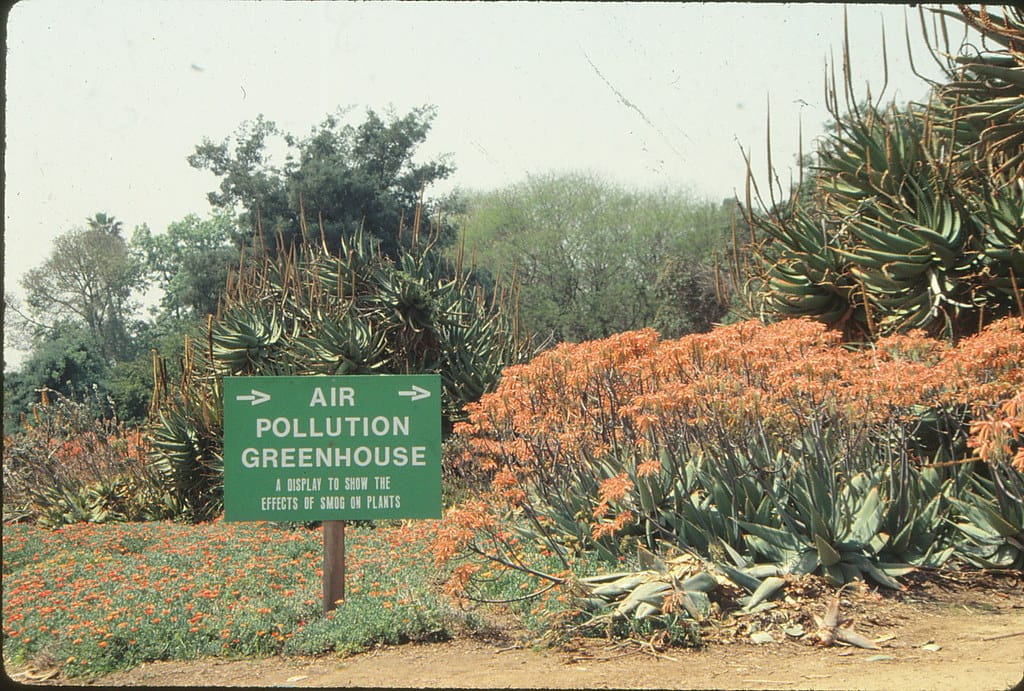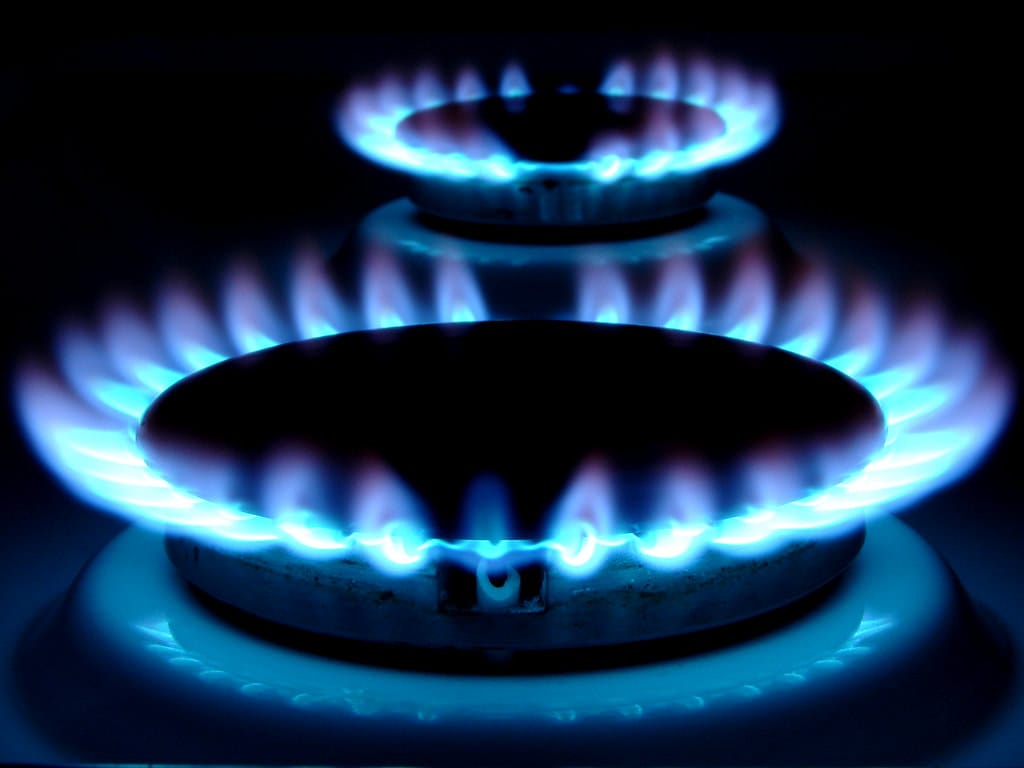Air Pollution Now Directly Linked to Cancer-Causing DNA Mutations, Groundbreaking Study Reveals
Scientists have discovered the smoking gun in air pollution's deadly impact on human health: microscopic particles in polluted air directly trigger DNA mutations that drive lung cancer development, even in people who have never smoked. This landmark research fundamentally changes our understanding of how environmental toxins cause cancer and underscores the urgent need for stronger air quality protections worldwide.
The Breakthrough Discovery
A comprehensive study published in Nature has provided the first direct evidence that fine particulate matter (PM2.5) in air pollution causes specific genetic mutations linked to lung cancer. The research, conducted by an international team of scientists, analyzed tissue samples from over 400,000 people across multiple countries and found that exposure to polluted air triggers a cascade of DNA damage in lung cells.
"We've finally connected the dots between breathing polluted air and developing cancer at the molecular level," said Dr. Sarah Mitchell, lead researcher at the Environmental Health Institute. "The particles aren't just irritating the lungs—they're literally rewriting our genetic code in ways that promote tumor growth."
How Pollution Rewrites Our DNA
The study revealed that PM2.5 particles—so small they can penetrate deep into lung tissue and enter the bloodstream—activate dormant cancer-driving mutations called oncogenes. These genetic switches, when triggered by pollution exposure, begin the process of transforming healthy cells into malignant ones.
Researchers found that people living in areas with high PM2.5 concentrations showed significantly more EGFR and KRAS mutations, two genetic alterations commonly found in lung cancer patients. Most remarkably, these changes occurred in individuals with no history of smoking, definitively establishing air pollution as an independent cancer risk factor.
The Global Health Crisis in Numbers
The World Health Organization estimates that air pollution causes 7 million premature deaths annually, with lung cancer representing a significant portion of these fatalities. The new research helps explain these staggering statistics:
- 91% of the global population lives in areas where air quality exceeds WHO guidelines
- PM2.5 exposure increases lung cancer risk by 36% for every 10 μg/m³ increase in concentration
- Non-smokers in highly polluted areas face lung cancer rates comparable to light smokers in clean environments
Cities in Crisis
Urban centers worldwide are grappling with the cancer-causing effects of air pollution. Delhi, India, regularly records PM2.5 levels exceeding 300 μg/m³—twelve times the WHO recommended limit. Beijing has implemented emergency measures during pollution spikes, but residents still face chronic exposure to cancer-causing particles.
Even cities traditionally considered "clean" aren't immune. Los Angeles, despite decades of air quality improvements, still experiences PM2.5 levels that the new research suggests pose significant cancer risks to millions of residents.
The Mechanism Behind the Mutation
The study's most significant contribution lies in mapping exactly how pollution causes cancer. When PM2.5 particles reach the lungs, they trigger inflammation and oxidative stress. This cellular chaos damages DNA repair mechanisms and activates normally dormant oncogenes—genetic time bombs that, once triggered, begin the cancer development process.
"It's like pollution is simultaneously breaking the cell's security system while arming the intruders," explained Dr. Mitchell. "The cell loses its ability to fix genetic damage while cancer-promoting genes get switched on."
Beyond Individual Risk
The implications extend far beyond personal health risks. The research suggests that current air quality standards may be insufficient to prevent cancer-causing genetic damage. Many countries' "acceptable" pollution levels still trigger the DNA mutations identified in the study.
This finding could reshape environmental policy and urban planning. Cities may need to reconsider development patterns, transportation systems, and industrial regulations to protect public health adequately.
Taking Action in a Polluted World
While systemic change remains essential, individuals aren't powerless. Air quality monitoring apps can help people avoid outdoor activities during high pollution days. High-efficiency air purifiers in homes and workplaces can reduce indoor exposure. Some cities are creating "clean air refuges"—public spaces with advanced filtration systems where residents can breathe safely.
The Path Forward
This research marks a turning point in environmental health science. By establishing the direct molecular link between air pollution and cancer, scientists have provided policymakers with irrefutable evidence for strengthening air quality regulations.
The study's authors are now investigating whether the DNA damage can be reversed and which populations are most vulnerable to pollution-induced mutations. As urban populations continue growing and climate change intensifies air quality challenges, understanding and addressing pollution's cancer-causing mechanisms becomes increasingly critical for global public health.
The message is clear: clean air isn't a luxury—it's a fundamental requirement for preventing cancer and protecting human life.

